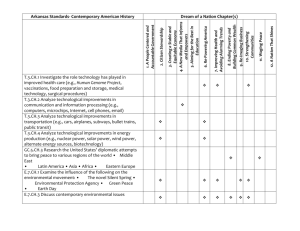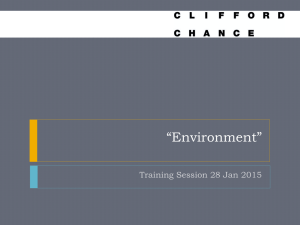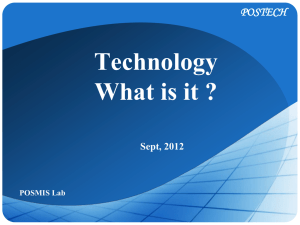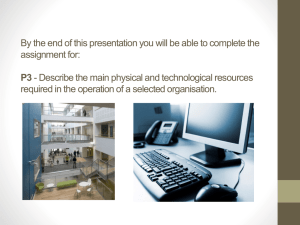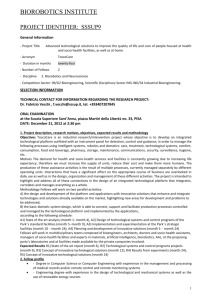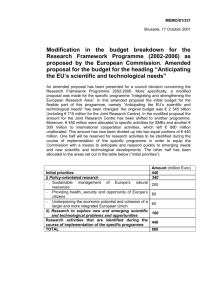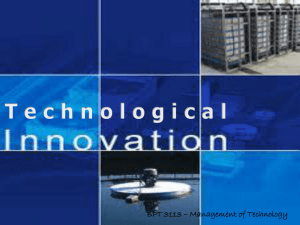Regional Scheduling System Best Practices presentation
advertisement
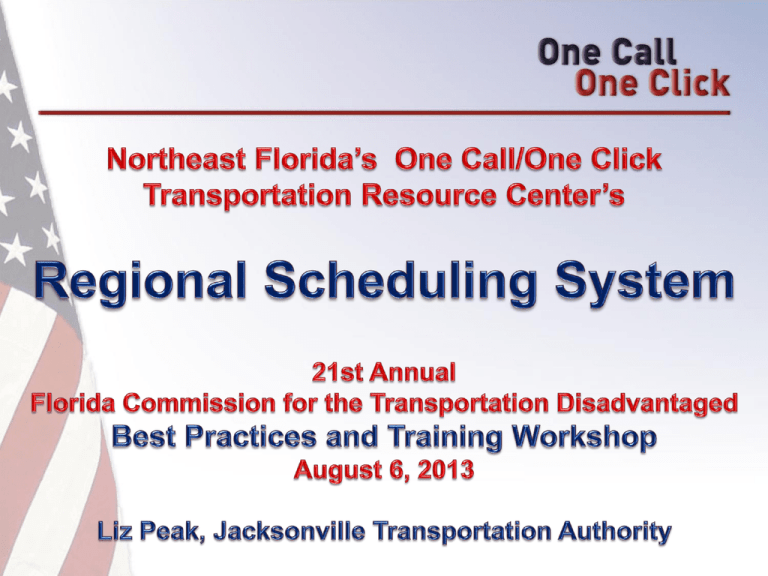
Presentation Topics • • • • Technological Need Technological Innovations Project Challenges Project Funding Sources Inefficient Service • Caravan of paratransit vehicles traveling to the same key destinations. • Far less passengers than vehicle capacity. • Unproductive wait for medical passengers. • High cost of service delivery. CTC Partners Desire for Coordination Agencies expressed a desire to • Minimize the duplication and gaps in service. • Coordinate the delivery of trips throughout the region. • Enter into coordination agreements. • Share resources. Coordination Road Blocks • • • • • Policies driven by funding formulas; Constraint of staff; Differences in terminology; Varying eligible trip requirements; and Lack of automation and technology. Limited Technological Resources • Different scheduling software; • Varying sources for reporting information; • Limited technological knowledge and dedicated technological staff; • Outdated computer hardware; and • Overload of conflicting technological information. 9 Regional Scheduling System Secure internet connection to shared servers housing the scheduling applications; • Pool of licenses. • Trapeze Pass CT, Flex and Medicaid Billing modules. • Citrix XenApp. • Data segregation through security settings. • Agency specific parameters. • Shared location and stop tables. Functional Diagram Ease of Trip Booking Similar Trip Purpose, Mobility Aid, and Passenger Type Definitions Common Locations Agency specific fare types and charges Consistent Reporting Technological Support Certified data professionals at JTA maintain data in 2 environments – Production and Test. • Buffered and secure site. • Backed-up hourly with nightly back-up offsite. • 24 hours a day / 7 days a week support. • Database and server maintenance performed between mid-night & 3am. Peer Support • • • • Shared training environments. Standardization and consistency. Local subject matter experts Cross agency reservations, dispatch or reporting support in the event of staffing shortages and emergencies. • Improve staff and trip efficiencies. Project Challenges • Limited staff time and turnover of staff. • Travel between counties. • Old equipment and slow internet connections at partner sites. • Collection and migration of data. • Terminology & naming conventions. • First Trapeze project using Flex in a Community Transportation environment. Overcoming Challenges • Gain commitment from Directors. • Meet, meet and meet with subject matter experts • GoToAssist – remote support. • Technology Survey and piggyback clause in RFPs. • TechSoup – www.techsoup.org Project Funding • FDOT Service Development grant of $130,000 with JTA providing 50% match. • FTA New Freedom grants of $160,000 with JTA providing 20% match. • Section 5310 funds of $112,00 for continued technological support and upgrades with JTA providing 20% match. • Partners used other funding sources for any workstation and internet upgrades. Questions? Liz Peak Jacksonville Transportation Authority lpeak@jtafla.com (904) 633-8535
